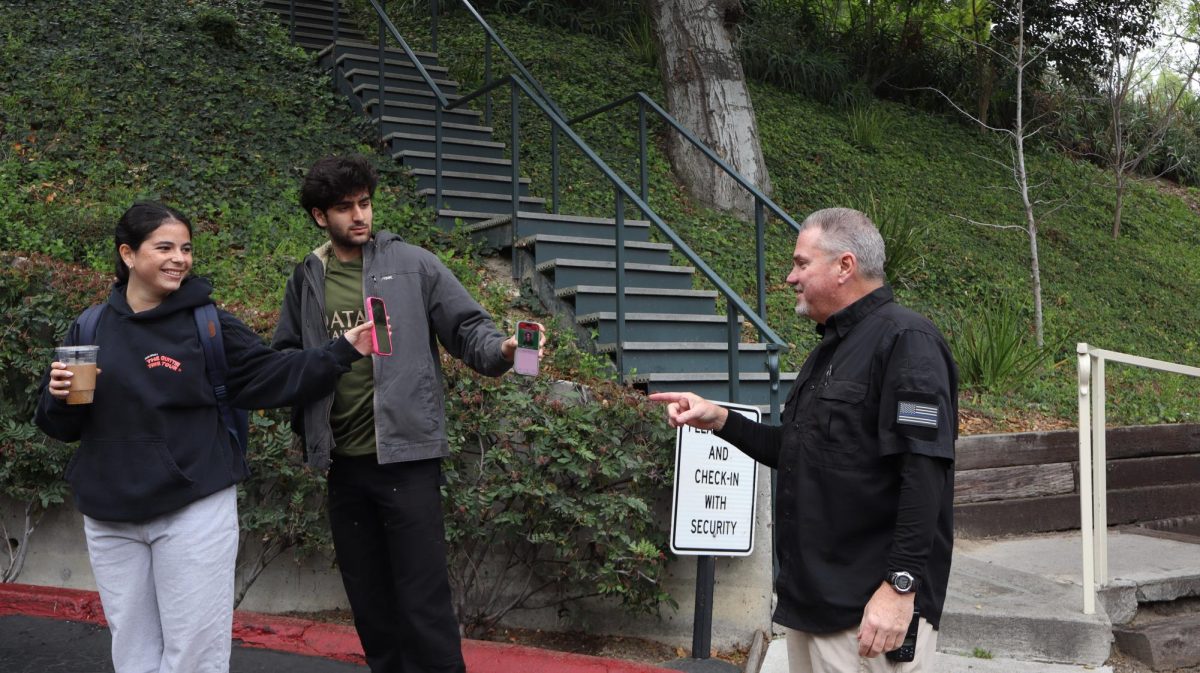The Kutler Center Junior Fellowship Program awarded Ashley Ham ’25 a $4,000 grant to travel to South Korea to research ceramics, specifically onggi pottery and its significance in both ancient and modern Korean culture.
Onggi are clay pots that were used in ancient Korea and continue to be used today to store food, water, liquor and sauces. Onggi are also micro-porous, meaning it has many small holes that allow air to pass through, increasing the quality of food stored and making the process of fermentation easier.
Ham said that she decided on her project due to her experiences with ceramics and her personal connection to Korea.
“I was really interested in ceramics because I took ceramics at Harvard-Westlake,” Ham said. “I liked to explore. I wanted to learn a new [style] that was different than what I was used to because I was a drawing and painting. But [I wanted] to learn something that was in 3D. It was an aspect that I really loved about ceramics, and it was to be able to have a little bit more creative freedom with it. I was researching topics related to pottery and that what is “that” just put it in brackets if shes talking about “onggi intertwined with my culture and my heritage as a Korean.”
During Ham’s trip to Korea, she visited Ye’s Park in Icheon, which is the largest ceramics and crafts village in the country. She also visited a workshop called Saniri Studio, where she had the opportunity to create a pot and an onggi plate.
Ham said that she achieved a deeper level of understanding about pottery, herself and her connection to Korea.
“I gained a lot of insight, not only into ceramics, but also into the history of my heritage and my culture,” Ham said. “It has taught me a lot about my identity as well. I learned about the impact that the pottery had, not just in Korea, but globally because it led to so many [techniques] that we still use nowadays. Additionally, I learned how to make pottery quicker and more efficiently.”





























